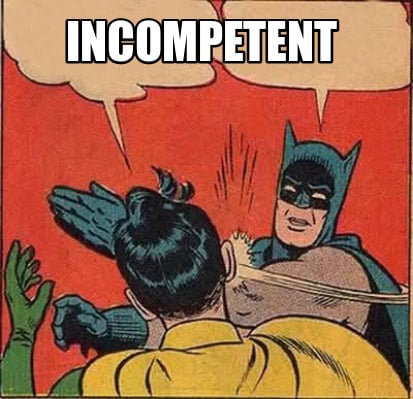Teaching economics students the fundamentals of the utility theory used in mainstream economics is a bit of a challenge. But I guess we all expect the professors to know what they are teaching … At a meeting of the American Economic Association (AEA), 200 of the professional economists present were asked to answer the following question: “You won a free ticket to see an Eric Clapton concert (which has no resale value). Bob Dylan is performing on the same night and is your next-best alternative activity. Tickets to see Dylan cost . On any given day, you would be willing to pay up to to see Dylan. Assume there are no other costs of seeing either performer. Based on this information, what is the opportunity cost of seeing Eric Clapton? (a) %excerpt%, (b) , (c) , or (d)
Topics:
Lars Pålsson Syll considers the following as important: Economics
This could be interesting, too:
Lars Pålsson Syll writes Schuldenbremse bye bye
Lars Pålsson Syll writes What’s wrong with economics — a primer
Lars Pålsson Syll writes Krigskeynesianismens återkomst
Lars Pålsson Syll writes Finding Eigenvalues and Eigenvectors (student stuff)
Teaching economics students the fundamentals of the utility theory used in mainstream economics is a bit of a challenge. But I guess we all expect the professors to know what they are teaching …
At a meeting of the American Economic Association (AEA), 200 of the professional economists present were asked to answer the following question:
 “You won a free ticket to see an Eric Clapton concert (which has no resale value). Bob Dylan is performing on the same night and is your next-best alternative activity. Tickets to see Dylan cost $40. On any given day, you would be willing to pay up to $50 to see Dylan. Assume there are no other costs of seeing either performer. Based on this information, what is the opportunity cost of seeing Eric Clapton? (a) $0, (b) $10, (c) $40, or (d) $50.”
“You won a free ticket to see an Eric Clapton concert (which has no resale value). Bob Dylan is performing on the same night and is your next-best alternative activity. Tickets to see Dylan cost $40. On any given day, you would be willing to pay up to $50 to see Dylan. Assume there are no other costs of seeing either performer. Based on this information, what is the opportunity cost of seeing Eric Clapton? (a) $0, (b) $10, (c) $40, or (d) $50.”
Only one in every five answered correctly (alternative b)!
So much for the competence of practitioners of the “queen of the social sciences” …
